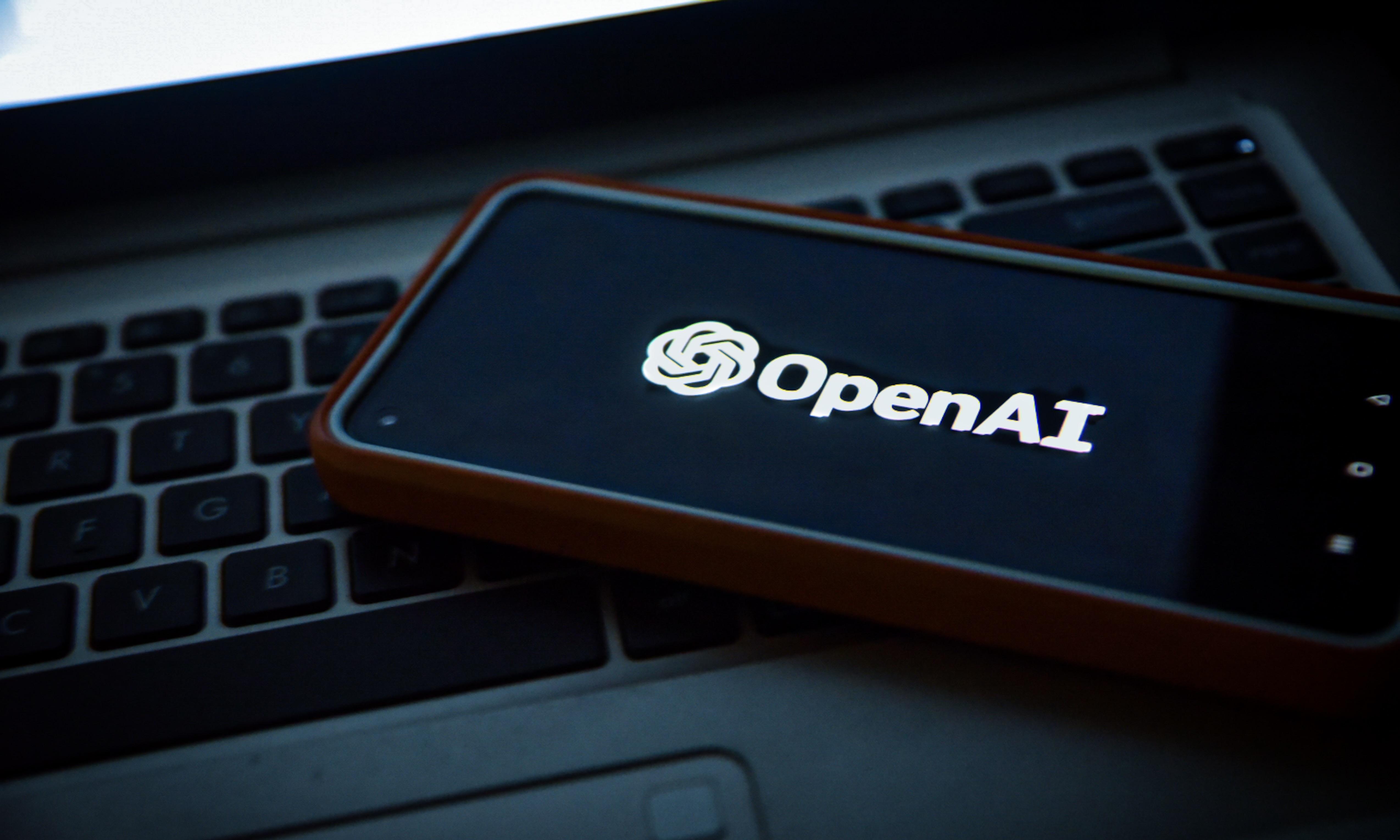OpenAI has joined forces with G42, a Dubai-based technology holding group, to enhance AI capabilities in the Middle East. The collaboration aims to leverage OpenAI's generative AI models across various sectors of G42's expertise, including financial services, energy, and healthcare.
By leveraging OpenAI's generative AI models and G42's industry expertise, regional organizations can embrace advanced AI solutions and fuel technological growth.
Simplified Integration of Advanced AI Capabilities
Cointelegraph noted that with this partnership, G42 envisions providing organizations in the United Arab Emirates (UAE) and other regions using its business solutions a simplified process for integrating advanced AI capabilities into their existing operations. As part of this initiative, G42 plans to prioritize its substantial AI infrastructure capacity, supporting OpenAI's local and regional inferencing on Microsoft Azure data centers.
Sam Altman, co-founder and CEO of OpenAI, renowned for its popular AI chatbot ChatGPT, expressed confidence in G42's industry connections to bring AI solutions that align with the unique requirements of the Middle East. According to Reuters, this collaboration marks a significant step towards advancing generative AI across the globe,
Enhancing Arabic-based AI Solutions
This partnership follows the recent collaboration announcement in Saudi Arabia, where a local university partnered with Chinese universities to develop an Arabic-based AI system. The language model, AceGPT, built on Meta's Llama 2, aims to serve as an AI assistant for Arabic speakers, answering queries in Arabic.
While AI capabilities flourish in the Middle East, challenges relating to AI semiconductor chip exports have surfaced. U.S. officials have raised concerns and imposed restrictions on chip exports to certain Middle Eastern countries, including Iraq, Iran, and Lebanon. Such measures reflect the growing scrutiny around the destination of AI chip exports, extending licensing requirements for advanced chips to all 22 countries under the U.S. arms embargo.
Regulatory concerns surrounding AI semiconductor chip exports highlight the need for a balanced approach to ensuring AI technologies' responsible use and distribution.
Photo: Levart_Photographer/Unsplash



 Elon Musk’s Empire: SpaceX, Tesla, and xAI Merger Talks Spark Investor Debate
Elon Musk’s Empire: SpaceX, Tesla, and xAI Merger Talks Spark Investor Debate  SpaceX Pushes for Early Stock Index Inclusion Ahead of Potential Record-Breaking IPO
SpaceX Pushes for Early Stock Index Inclusion Ahead of Potential Record-Breaking IPO  American Airlines CEO to Meet Pilots Union Amid Storm Response and Financial Concerns
American Airlines CEO to Meet Pilots Union Amid Storm Response and Financial Concerns  Missouri Judge Dismisses Lawsuit Challenging Starbucks’ Diversity and Inclusion Policies
Missouri Judge Dismisses Lawsuit Challenging Starbucks’ Diversity and Inclusion Policies  Palantir Stock Jumps After Strong Q4 Earnings Beat and Upbeat 2026 Revenue Forecast
Palantir Stock Jumps After Strong Q4 Earnings Beat and Upbeat 2026 Revenue Forecast  Hims & Hers Halts Compounded Semaglutide Pill After FDA Warning
Hims & Hers Halts Compounded Semaglutide Pill After FDA Warning  Prudential Financial Reports Higher Q4 Profit on Strong Underwriting and Investment Gains
Prudential Financial Reports Higher Q4 Profit on Strong Underwriting and Investment Gains  Once Upon a Farm Raises Nearly $198 Million in IPO, Valued at Over $724 Million
Once Upon a Farm Raises Nearly $198 Million in IPO, Valued at Over $724 Million  Elon Musk’s SpaceX Acquires xAI in Historic Deal Uniting Space and Artificial Intelligence
Elon Musk’s SpaceX Acquires xAI in Historic Deal Uniting Space and Artificial Intelligence  Weight-Loss Drug Ads Take Over the Super Bowl as Pharma Embraces Direct-to-Consumer Marketing
Weight-Loss Drug Ads Take Over the Super Bowl as Pharma Embraces Direct-to-Consumer Marketing  Nvidia CEO Jensen Huang Says AI Investment Boom Is Just Beginning as NVDA Shares Surge
Nvidia CEO Jensen Huang Says AI Investment Boom Is Just Beginning as NVDA Shares Surge  Nvidia, ByteDance, and the U.S.-China AI Chip Standoff Over H200 Exports
Nvidia, ByteDance, and the U.S.-China AI Chip Standoff Over H200 Exports  Instagram Outage Disrupts Thousands of U.S. Users
Instagram Outage Disrupts Thousands of U.S. Users  OpenAI Expands Enterprise AI Strategy With Major Hiring Push Ahead of New Business Offering
OpenAI Expands Enterprise AI Strategy With Major Hiring Push Ahead of New Business Offering  Tencent Shares Slide After WeChat Restricts YuanBao AI Promotional Links
Tencent Shares Slide After WeChat Restricts YuanBao AI Promotional Links  Amazon Stock Rebounds After Earnings as $200B Capex Plan Sparks AI Spending Debate
Amazon Stock Rebounds After Earnings as $200B Capex Plan Sparks AI Spending Debate  Alphabet’s Massive AI Spending Surge Signals Confidence in Google’s Growth Engine
Alphabet’s Massive AI Spending Surge Signals Confidence in Google’s Growth Engine 































